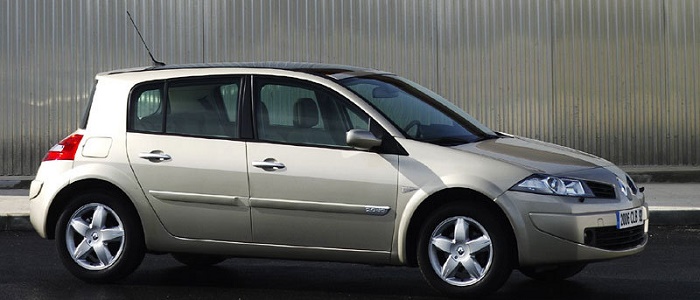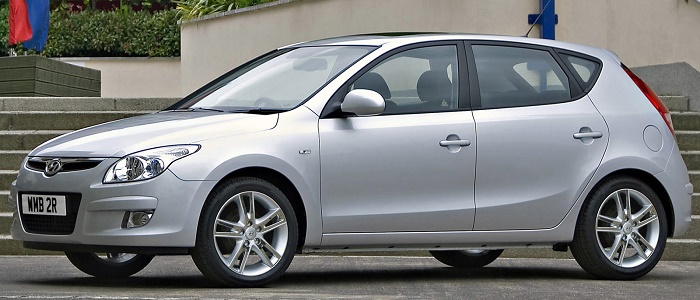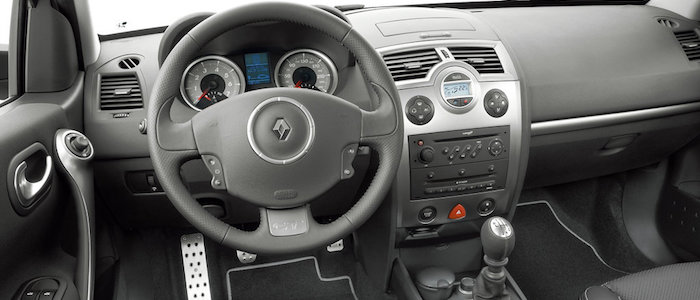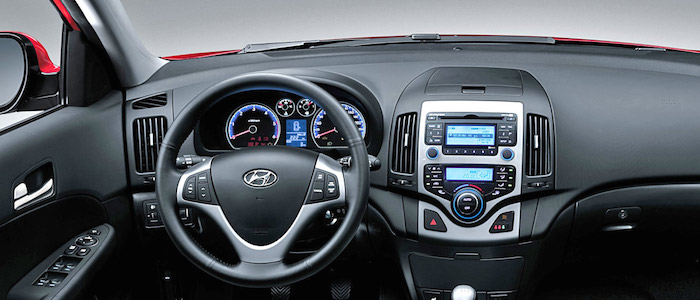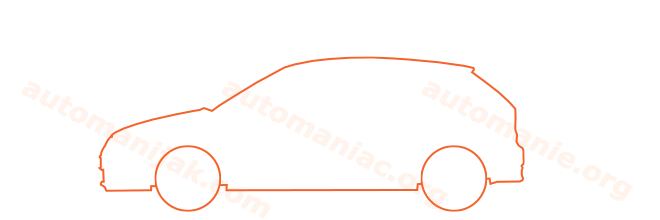Compare two cars
Compare any two cars and get our Virtual Adviser™ opinion
Marketing
Dimensons & Outlines
Engine
Performance (manual gearbox)
Performance (automatic gearbox)
Expenses
Virtual Adviser's™ opinion
Well, these are two pretty similar cars we have here! It's only details that could potentially make the difference. Considering they both belong to the small family car segment and utilize the same 5-door hatchback body style and the front wheel drive system, it all comes up to the specific petrol engine choice they offer. The first one has a Renault-engineered powertrain under the hood, a 4-cylinder, 16-valves 112hp unit, while the other one gets its power and torque from a 4-cylinder, 16-valves 124hp engine designed by Hyundai.
SafetyThe first thing to look into here would be the results from European New Car Assessment Programme (Euro NCAP) tests performed on the two cars. Good thing is that both vehicles got tested, with the Renault being a slightly better choice apparently. Still, apart from the official crash test results there are other things we need to be aware of. Both vehicles belong to the small family car segment, which is generally classifying them somewhere in the middle safety-wise, but it doesn't do much to help us decide between the two. On the other hand, when it comes to weight, a factor that most people underestimate, the Korean car offers a marginal difference of 2% more metal.
ReliabilityReliability is not the best thing to consider on the make level, but it is worth mentioning that both brands display similar results in faults and breakdowns, at least on all of the models level. That's the official data, while our visitors describe reliability of Renault with an average rating of 4.1, and models under the Hyundai badge with 4.5 out of 5. The same official information place Megane as average reliability-wise, and i30 is more or less at the same level.Above it all, drivers of cars with the same engine as the French car rank it on average as 3.9, while the one under the competitor's bonnet gets 4.9 out of 5.
Performance & Fuel economyRenault is a bit more agile, reaching 100km/h in 0.1 seconds less than its competitor. Still, it lacks the power to win the top speed competition, topping at 192 kilometers per hour, exactly the same as the other car does. When it comes to fuel economy the winner has to be the Korean car, averaging around 5.9 liters of fuel per 100 kilometers (48 mpg), in combined cycle. We can't ignore that 17% difference compared to the French car.
Verdict
Hyundai appears just a bit more reliable, although the difference is truly marginal. The most important thing when deciding between any two vehicles should always be safety, both passive and active. In my opinion, everything taken into account, the French car offers slightly better overall protection and takes the lead. It all continues in the same direction, with Renault offering somewhat better performance, just enough to call it quicker. It does come at a cost though, and that's the fuel consumption... I believe that, when we take all into account, we have only one winner here - the Hyundai. Anyway, that's the most objective conclusion I could've came up with and it's based solely on the information found on this website. Aspects such as design, practicality, brand value and driving experience are there for you to measure them out. I suggest you spend two more minutes in order to find out which car, based on your needs and budget, would be picked by the virtual adviser™, out of 12.000+ vehicles we currently have in our database.























